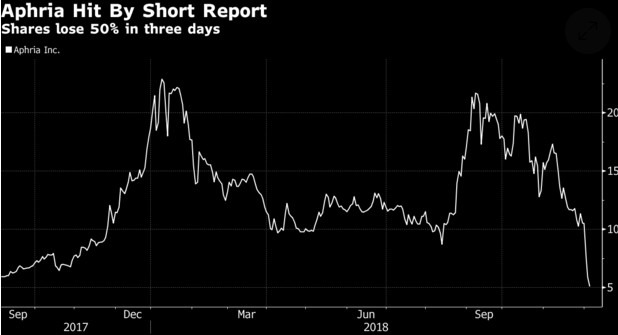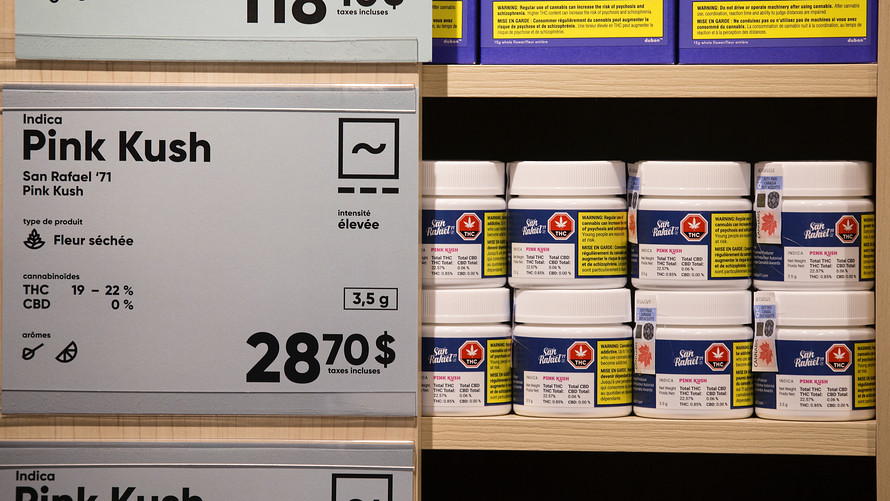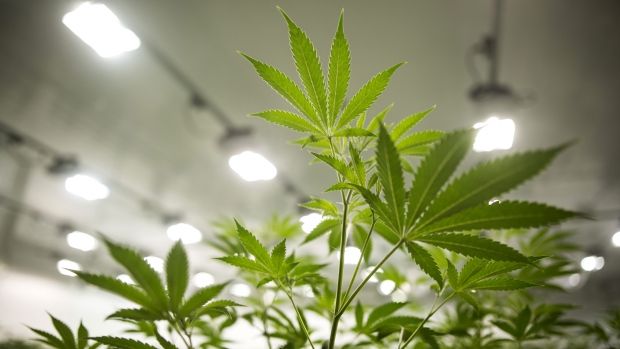The world’s largest marijuana producer has expanded south from its home in Canada for the opportunity to gain a strong foothold in the Jamaican cannabis market.
Canopy Growth Corporation announced yesterday that it has purchased a 49-percent share in a company formerly known as Grow House JA Limited. The company will now be called Tweed JA, named after the Tweed subsidiary division of the Canadian giant. Tweed will implement its established cultivation and processing techniques to serve the growing Jamaican medical cannabis market.
It’s been reported that Tweed JA has been granted conditional license approval and started construction on a cultivation facility.
Buyer Beware?
There has been some debate over Jamaica’s ability to support a large-scale grow operation, mainly due to the existence of many “mom and pop“ sellers on the island. Nevertheless, Canopy has been able to identify and capitalize on other international markets including Germany, Denmark, Brazil, and Australia.
Trading for Canopy Growth has been incredibly active as shares have risen in value more than 50 percent in the last three months. This surge has been attributed to increased investor interest.
Marijuana.com sat down with Bruce Linton, the founder and CEO of Canopy Growth, to discuss this latest venture for the licensed producer.
(Marijuana.com) What was the catalyst for Canopy wanting to enter the Jamaican market at this time?
(Bruce Linton) It probably dates back somewhere between two and a half and three years. Being Tweed in Smiths Falls means that we have been, and are, the primary stop for bureaucrats and politicians from jurisdictions who want to see a solid implementation of the Canadian regulatory framework.
On that basis, we had a couple of delegations come through who represented parliamentarians and appropriate dignitaries, who came to our various locations and interacted with us because they had been contemplating a much more logical and controlled implementation of cannabis in Jamaica.
We had people go down there multiple times and we got to the right place, and the right people, at the right time to say yes, we will do that.
What would you say to the business analysts who claim Jamaica is not the best market for a large-scale producer, due to local market saturation from the many “mom and pop” organizations in Jamaica?
I think that there’s room for both. They offer different propositions to different segments of the market.
When you regulate, that means there’s going to be an expectation of a sustainable source of supply that’s going to give a consistent offering day in and day out. If you’re dealing with small operators, it’s almost like having a seasonally-available item. There may or may not be a sufficient quantity, if you like it, to go back again. And in a medical environment, there needs to be a lot more consistent supply.
What was it like dealing with the Jamaican government? Were there a lot of regulations or stipulations entering that market?
I would say they were open to the idea. We’ve been part, as have the Canadian government and others, of the evolution [and] framework that has become the public policy and practiced methods. It’s another indication that Canada, surprising to many, has become the public policy leader on how to govern cannabis production for both adult access and medical.
How did Canopy discover Grow House JA Limited and what was it before the purchase?
They are a group of proper people who are trained in a variety of international universities, who are from Jamaica, [and know] how to follow regulations, get licenses, do permitting, and they have a strong business interest in cannabis.
What kind of output is Canopy looking at in Jamaica? How big is the grow facility?
I don’t think we have put that number out yet.
Does Canopy have any estimated profits for this market?
We’ve done a bunch of modeling. When we determine that we should put a certain amount of cash out, it’s because we anticipate that it is going to create a reasonable rate of return so the shareholders don’t think that we’re foolish.
So this looks like a very nice business and it looks like a very nice launchpad if you think anything else is going to happen in the rest of the Caribbean.
So Canopy has its sights on other cannabis markets in the Caribbean?
Anywhere that we think is going to become federally legal we become interactive before they evolve the legislative framework. We tend to be in every country which is federally permissible.
Are you planning any export from Jamaica?
There’s a possibility, but right now you find globally the importation and exportation of cannabis is really strictly managed and difficult. So what you have to look at is everything you do, in every country, can actually be a sustainable standalone business and I think [Jamaica] can be.
credit:marijuana.com













